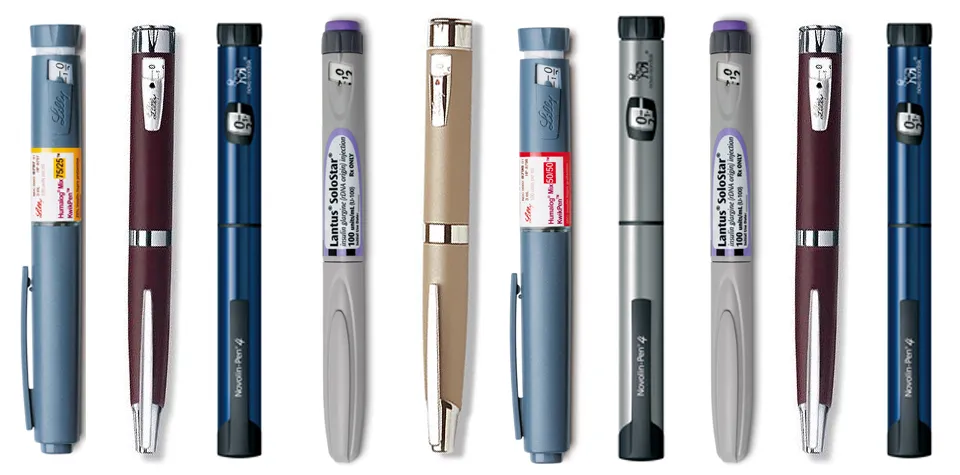A generic version of insulin, the life drug of diabetes, has never been available in the United States because pharmaceutical companies have made progressive improvements that have kept insulin under patent from 1923 to 2014.
As a result, many of those who need insulin to control diabetes cannot afford it and some end up hospitalized with potentially mortal complications, such as renal failure and diabetic coma, according to the authors of a study that is published in 'New England Journal of Medicine'.
Researchers describe the history of insulin as an example of "perpetuation", in which pharmaceutical companies make a series of improvements to important medicines that extend their patents for many decades.
This maintains the previous versions outside the generic market, the authors say, because generic manufacturers have fewer incentives to make a version of insulin than doctors perceive as obsolete.The new versions are something better for patients who can pay them, according to the authors, but those who cannot suffer expensive and painful complications.
"We see generic medicines as an unusual success story, providing a better quality at a cheaper price," says Jeremy Greene, associate professor of Medicine History at the Johns Hopkins School of Medicine, United States, andpracticing internist."And we see the progression of patented medications to generic medicines as almost automatic. But the history of insulin highlights the limits of generic competition as a framework for the protection of public health," he adds.
More than 20 million Americans have diabetes, a disease in which the body cannot correctly use food sugar due to insulin insufficiency, a hormone produced in the pancreas.Diabetes can be controlled without drugs or with oral medications, but some patients need daily insulin injections.The medicine usually costs between $ 120 and $ 400 per month without insurance for prescription medications.
"Insulin is an inappropriate medicine even for people who can afford it, 'says the other author of the report, Kevin Riggs, researcher in general internal medicine and the Berman Institute of Bioethics at Johns Hopkins University-when people can'tAllow it, often stop taking it completely. "Patients with diabetes who are not taking their prescribed insulin have blurred vision problems, weight loss and thirst intolerable, symptoms of non -controlled diabetes, which can lead to blindness, renal insufficiency, gangrene and limb loss.
These two doctors decided to find out why no one manufactures generic insulin.A medical team from the University of Toronto, in Canada, discovered insulin in 1921, and in 1923, the university, which obtained the first patent, gave pharmaceutical companies the right to manufacture it and patent any improvement.In the 1930s and 1940s, pharmaceutical companies developed prolonged forms of action that allowed most patients to put a single daily injection and in 1970 and 1980, manufacturers improved the purity of insulin extracted from cow and pork and, sinceSo, several companies have developed synthetic analogs.
The standard currently in the United States is insulin Biotech, the authors say.The patents about the first synthetic insulin expired in 2014, but these new ways are more difficult to copy, so the uninhaged versions will go through an approval process of the American drug agency (FDA (FDA) andIt will cost them more.When these insulins reach theMarket, can cost between 20 or 40 percent less than patented versions, write Riggs and Greene.




